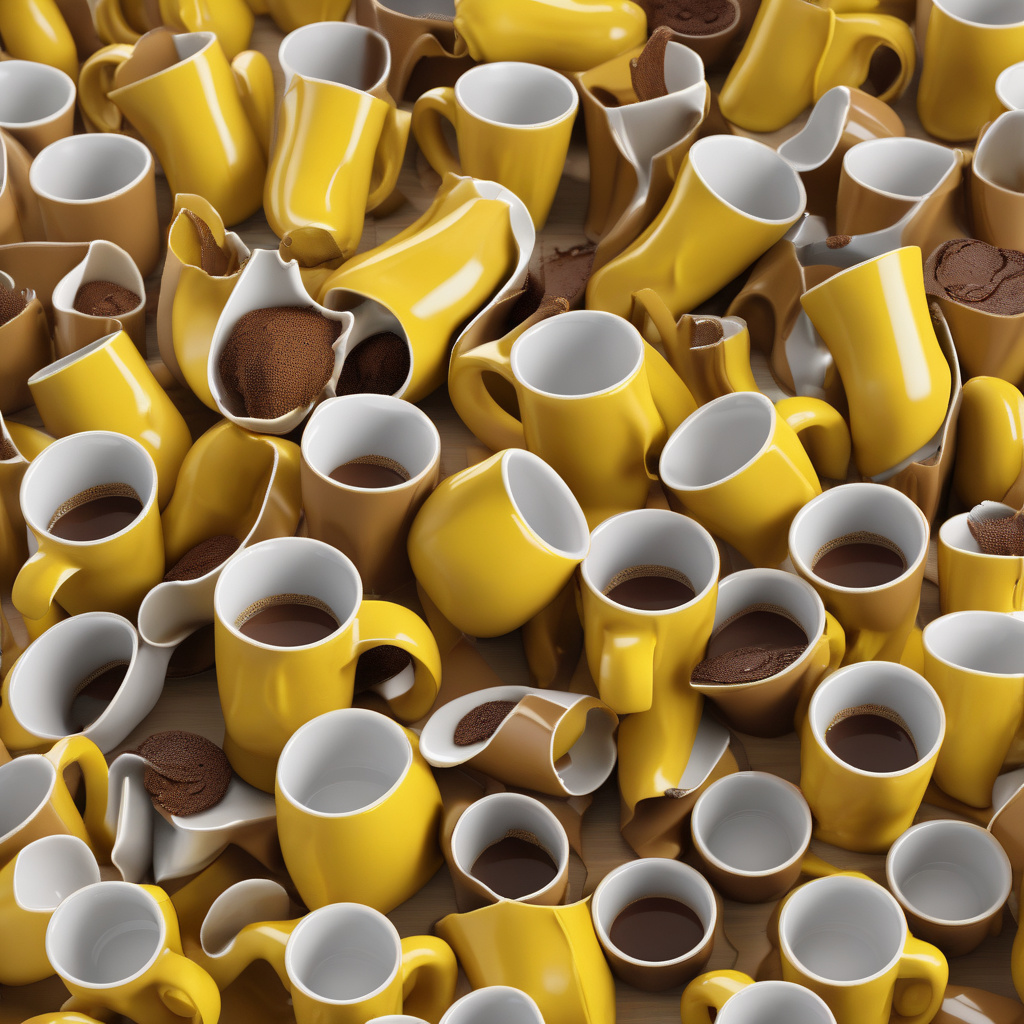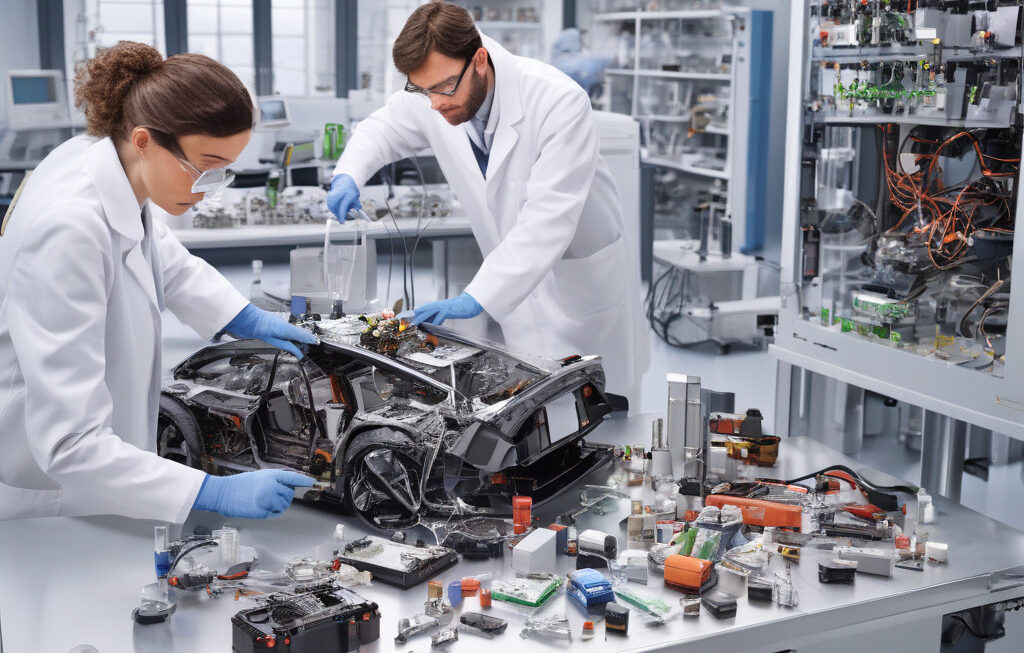From Food Waste to Useful Goods: MIT’s 3D Printer Revolutionizes Recycling
Researchers at the Massachusetts Institute of Technology (MIT) have developed a specialized 3D printer that has the capability to transform food waste into useful goods. In a groundbreaking innovation, this new technology enables the creation of everyday items, such as a coffee mug, using unconventional materials like banana peels.
The traditional approach to recycling often involves reprocessing waste materials into similar products or materials of lesser quality. However, MIT’s 3D printer takes recycling to a whole new level by upcycling food waste into practical items that can be used in our daily lives. This innovative solution not only addresses the issue of food waste but also reduces the demand for new raw materials, making it a sustainable and environmentally friendly alternative.
The process behind this revolutionary 3D printer involves converting food waste, such as banana peels, into a bioink that can be used as a printing material. By breaking down the organic matter into its basic components, the printer is able to create a durable and biodegradable substance that can be molded into various shapes and forms. This bioink not only has the potential to reduce the environmental impact of food waste but also offers a creative way to repurpose discarded materials.
One of the key advantages of MIT’s 3D printer is its versatility and adaptability. While the initial focus has been on using banana peels as the primary material, the technology can be applied to a wide range of food waste sources, including citrus peels, coffee grounds, and vegetable scraps. This flexibility opens up a world of possibilities for creating different products and exploring new design concepts that were previously unattainable.
Moreover, the potential applications of this innovative 3D printing technology extend beyond just creating household items. In the future, it could be used in various industries, such as fashion, healthcare, and construction, to produce sustainable and eco-friendly products. Imagine wearing clothes made from fruit peels or using medical implants derived from food waste – the possibilities are endless.
The development of MIT’s 3D printer underscores the importance of innovation and creativity in addressing some of the most pressing challenges of our time. By thinking outside the box and pushing the boundaries of technology, researchers have unlocked a new way to recycle and repurpose food waste, paving the way for a more sustainable future. This groundbreaking solution not only showcases the power of interdisciplinary collaboration but also highlights the potential for technology to drive positive change in society.
In conclusion, MIT’s pioneering 3D printer represents a significant step forward in the quest for sustainable and innovative recycling solutions. By harnessing the potential of food waste and turning it into useful goods, this technology offers a glimpse into a future where waste is no longer seen as a problem but as a valuable resource waiting to be tapped.
#MIT #3Dprinting #foodwaste #recycling #sustainability











